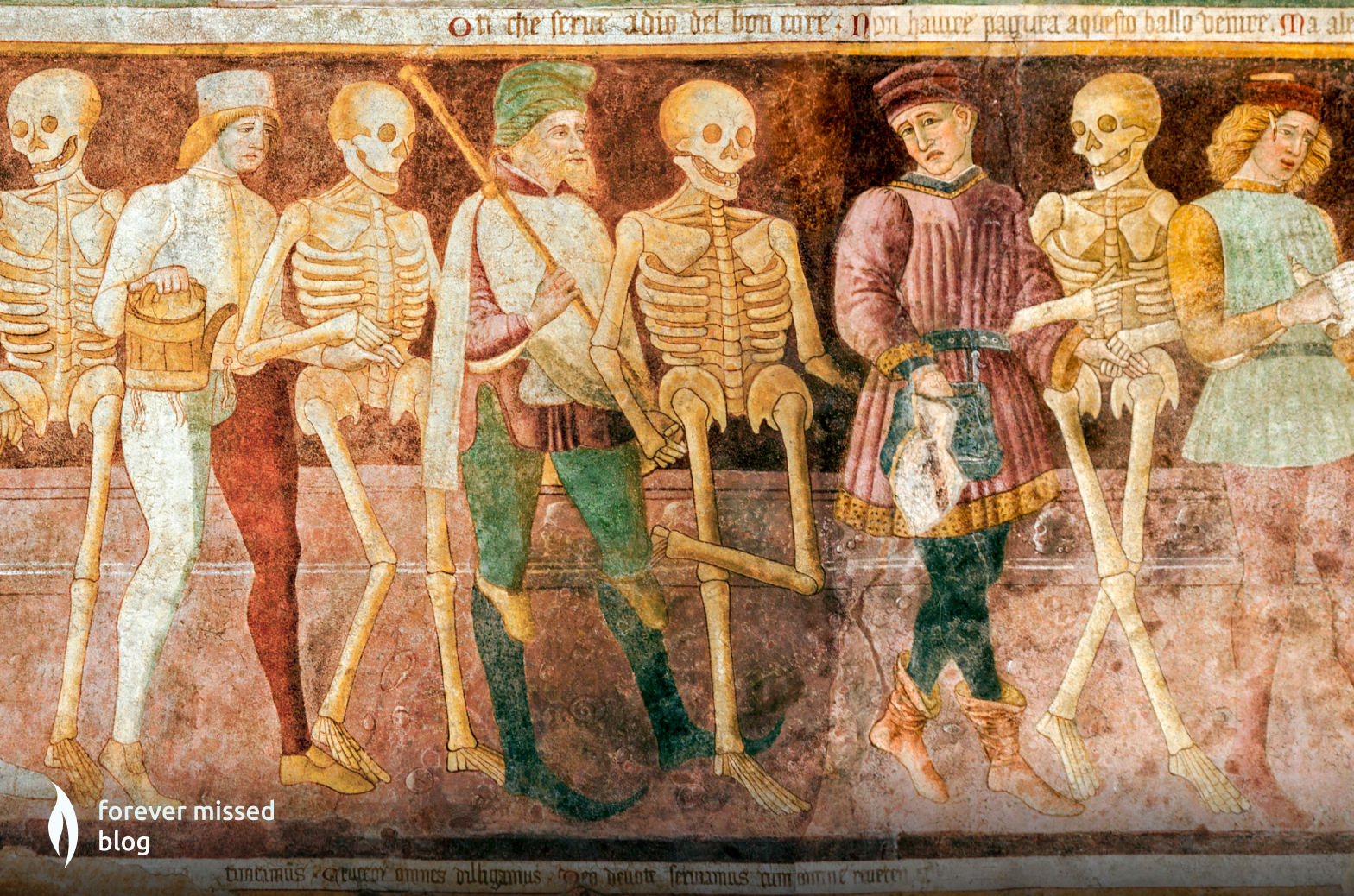Thanatophobia: Coping with an Extreme Fear of Death

Fear and anxiety about death are common, but people with Thanatophobia harbor an abnormal fear that can impact daily life.
Death is a natural phenomenon and one that we all encounter in our lives. Still, it is common to experience an element of fear or anxiety about it. In fact, most people find human mortality to be a bit disconcerting. After all, none of us like to think about leaving the people we love behind. However, some people have an abnormal or unusual fear of dying or of being dead. It impacts or interrupts their “normal” healthy functioning in everyday life. The name of this extreme fear is thanatophobia.
Who Suffers from Thanatophobia?
Anyone can struggle with thanatophobia, but it is most commonly diagnosed in the 20s. Both men and women experience it at similar rates at this age. However, there is a secondary spike for women around age 50. It is often diagnosed in people with health conditions that cause them to contemplate their own mortality more frequently than the average person. It can present as an all-encompassing fear that is ever-present, or it can come and go in episodes.
Are You Suffering from an Extreme Fear of Death?
If you feel general uneasiness with topics of death and dying, or you feel anxious in hospitals, funeral homes, or cemeteries, you probably have normal situational anxiety about death – not the extreme fear of dying characteristic of thanatophobia.
People with thanatophobia focus inwardly on losing their own lives and do not worry about the deaths of loved ones. They are obsessed with the fear of dying or the dying process. It impacts their lives in ways such as being afraid to leave home or drive a car. If you are experiencing the same, you may have thanatophobia. Such a condition may require treatment by a mental health professional.
Thanatophobia is not a clinically recognized condition. But mental health professionals can use your symptoms to diagnose anxiety, then ask you more questions to get to the root of your fears.
Symptoms
Not only does thanatophobia cause fear, anxiety, and stress, it can produce a host of physical symptoms, too. Panic attacks, dizziness, sweating, heart palpitations, and nausea are all common. These physical expressions of fear can also cause increased emotional turmoil. Many people suffering from thanatophobia experience anger or sadness. They often begin avoiding family and friends when in the midst of an episode.
Healthy Ways to Cope With Fear of Death
If you have thanatophobia, it’s important to find ways to ease your feelings of anxiety and dread. Although it is not a clinically recognized condition, specialists can ask you a series of questions about your symptoms. These questions will help them isolate the cause of your fear. Often, patients are officially diagnosed with generalized anxiety disorder.
There are four common treatment options, which are sometimes used in combination to suit a thanatophobia patient’s particular needs:
Talk Therapy
Sharing your fears and concerns with a therapist is one of the best ways to overcome the anxiety that interferes with your daily life. It is healthy to give voice to what you are feeling. A therapist can also provide specific exercises to cope with your thanatophobia when it begins to rear its head. If you aren’t sure you’re ready to talk with a therapist or cannot afford one, know that simply talking to a trusted friend or family member can also help you make strides toward overcoming or managing your thanatophobia.
Cognitive Behavioral Therapy
Cognitive-behavioral therapy sounds complex, but all it really means is focusing on creating practical solutions to your problems. It is typically a short-term treatment, with the eventual goal being to change your emotional response and pattern of thinking when you’re confronted with death or dying issues. For example, you may learn to redirect your negative spontaneous thoughts using an affirming mantra. This type of therapy is often quite successful in lessening fear and anxiety and putting your mind at ease.
Relaxation Techniques
You can practice these coping mechanisms on your own without a treatment plan from a mental health professional. Meditation and breathing techniques help the mind and body relax, and they have been shown to help reduce the physical symptoms of thanatophobia. You can use these techniques at the moment when you feel fear and anxiety coming on. Continued practice means you may be able to reduce your fear of dying in general eventually.
Medication
Your doctor may prescribe medication to help you overcome your anxiety and feelings of panic brought on by thanatophobia. However, it is not a long-term solution. Instead, medication is often used in the early stages of treatment. While taking medication, patients learn how to use the above coping mechanisms effectively.
Making the Decision to Seek Help
It is certainly possible to work through your fear of death on your own. Meditation and deep breathing techniques are things you can implement without professional help. However, your worry may often turn to panic, or you may feel overwhelmed. That means it may be time to talk with your primary care doctor or mental health professional. Not only can they introduce you to coping strategies, but they can help you healthily redirect your feelings. That may allow you to lead a more normal, productive life.
Final Thoughts
It is completely normal to worry about the future, including your own eventual death. If you can live in the moment and enjoy life, you likely have normal emotions surrounding death and dying. However, if your feelings become overwhelming and interfere with daily life, you may have thanatophobia. Talk to a medical professional or trusted friend, and take heart. It is possible to overcome your death anxiety and live a full and fruitful life.



